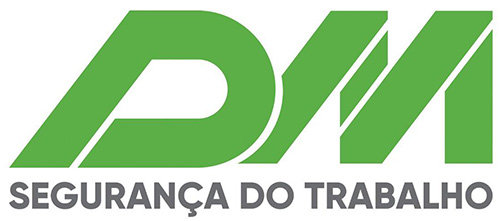Euronext Listing Agreement: All You Need to Know
If you are planning to take your company public, one of the crucial steps you need to consider is listing it on a stock exchange. Euronext is a pan-European stock exchange that integrates markets from Belgium, France, the Netherlands, Portugal, and the United Kingdom. The Euronext listing agreement is the document that outlines the rules and regulations that govern the issuance and trading of securities on Euronext markets. In this article, we will provide an overview of the Euronext listing agreement and what it entails.
What is the Euronext Listing Agreement?
The Euronext listing agreement is a legal document that outlines the requirements and conditions that companies must comply with when listing on Euronext. The agreement sets out the rules and regulations that govern the issuance and trading of securities, including shares, bonds, exchange-traded funds (ETFs), and other financial instruments. This document is crucial for companies planning to go public because it provides guidance on the listing process, the obligations of the issuer, and the rights of the shareholders.
What are the Requirements for Listing on Euronext?
To list on Euronext, companies must meet certain requirements, which are outlined in the Euronext listing agreement. These requirements vary depending on the type of securities the company wants to issue and the market it wants to list on. However, some of the general requirements include:
1. The company must be incorporated in the European Economic Area (EEA) and have a minimum of two years` audited financial statements.
2. The company must have a minimum market capitalization of €1 million.
3. The company must have a minimum of 25% of its shares in free float.
4. The company must appoint a registered agent to act as a liaison with Euronext.
5. The company must comply with the disclosure requirements set out in the Euronext rulebook.
What are the Obligations of the Issuer under the Euronext Listing Agreement?
Companies that list on Euronext have several obligations that they must comply with to maintain their listing status. These obligations are outlined in the Euronext listing agreement and include:
1. Continuous disclosure: Companies must keep the market informed of any material information that may affect the price of their securities. This includes financial statements, news releases, and other relevant information.
2. Corporate governance: Companies must comply with Euronext`s rules on corporate governance, including the appointment of independent directors and the establishment of appropriate committees.
3. Shareholder rights: Companies must respect the rights of their shareholders, including the right to vote, attend shareholder meetings, and receive dividends.
4. Market abuse: Companies must comply with Euronext`s rules on market abuse and insider trading.
What are the Benefits of Listing on Euronext?
There are several benefits to listing on Euronext, including:
1. Access to capital: Listing on a stock exchange provides companies with access to a wider investor base and enables them to raise capital to fund their growth.
2. Liquidity: Listing on Euronext provides companies with a liquid market for their securities, making it easier for investors to buy and sell shares.
3. Visibility: Listing on Euronext increases a company`s visibility, providing it with exposure to a broader audience of investors and analysts.
4. Credibility: Listing on Euronext enhances a company`s credibility and reputation, providing it with a stamp of approval from the market.
Conclusion
In conclusion, the Euronext listing agreement is a critical document that companies must comply with when listing on Euronext. It outlines the requirements and conditions that issuers must meet, the obligations that they must comply with, and the benefits that listing on Euronext provides. If you are considering listing your company on Euronext, it is essential to seek the advice of legal and financial professionals to ensure that you comply with all the necessary requirements and regulations.
